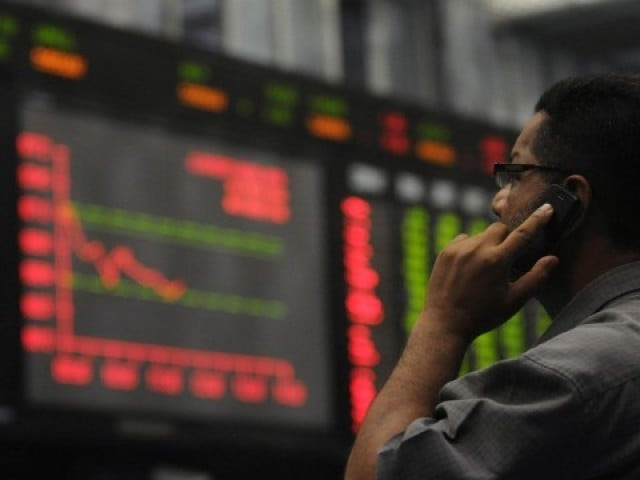Boosting country’s capital markets
Inherent value of bourses, not cosmetic measures, fuels the rally.

Like anything that happens in the country, these have been decried by opposition politicians and people associated with the media as ways to ‘whiten black money’ and boost incomes of a few people.
The capital gains ordinance was the need of the time to correct a thoughtless measure ever since the budget for the financial year 2010-11, when capital gains tax (CGT) on securities trading was introduced. When the CGT was imposed, it was not the issue of paying a tax but the cumbersome computation and reporting method which was the issue.
Instead of increasing direct taxes, as envisaged, there was a reduction in indirect taxes. To illustrate, the average daily volume of the Karachi Stock Exchange (KSE) during FY11 was 94.83 million shares. When the FY12 budget did not improve the CGT regime, the KSE-100 index came down by 4.97% between July 2011 and January 2012 and the average daily volume fell to 61.8 million shares.
One can imagine the sentiment in the capital markets. From February 2012 onwards, the market started rallying on the back of excellent corporate results, which in 2011 were 29% better than the year before. Volumes have soared to an average of 278.4 million shares per day while the index has gone up by 23.09% (between February 1 and May 7).
Do we really feel that stocks are rallying simply because no questions will be asked about the source of investment but because there is inherent value there?
Can we also not refer to the fact that in November 2011, Pakistan maintained its B- rating with S&P along with a stable outlook, while a number of sovereigns were either downgraded or their outlooks changed from stable to negative?
One has to keep this guiding principle in mind while investing – money follows value.
Demutualisation
The demutualisation of stock exchanges has been long awaited. Right now the stock exchanges are owned by members who are also holding trading rights. This is a major conflict of interest which will be corrected once the demutualisation process begins.
Pakistan has three stock exchanges – Karachi, Lahore and Islamabad – which will be integrated to create one exchange. Similarly, the capital of members in their respective exchanges will be freed once the joint entity’s shares will be sold to investors through an IPO. With demutualisation one can expect that the conflict of interest of the members will be reduced and the general public will get an opportunity to become a shareholder in the bourses. For the corporations who have multiple listings, their costs and duplication of efforts in reporting to the exchanges will come down as well.
A UAE based investment banker who can be contacted at Ali.Wahab@tribune.com.pk
Published in The Express Tribune, May 28th, 2012.





1733130350-0/Untitled-design-(76)1733130350-0-208x130.webp)











COMMENTS
Comments are moderated and generally will be posted if they are on-topic and not abusive.
For more information, please see our Comments FAQ